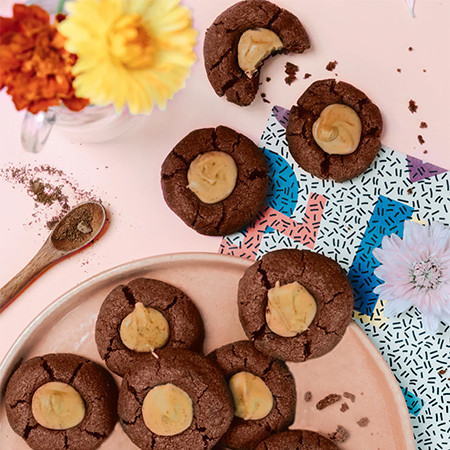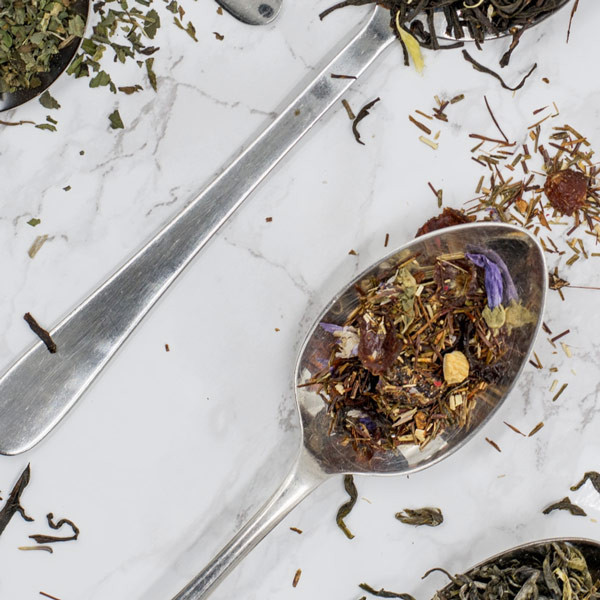Science has now connected the gut microbiome to health in general but did you know it has also been shown to have a big effect on our sleep patterns?
A good balance of gut bacteria — the so-called “good bugs” — has been linked to a number of health benefits, way beyond the gut and digestive issues. There is now an awareness of a number of issues ranging from the less likelihood of diseases such as type 2 diabetes, inflammatory bowel disease, autism, obesity and arthritis and a strengthened immune system to name but a few. Getting the balance of gut flora right can also help reduce free radicals in the body, helping to reduce the likelihood of certain cancers. (1)

Indeed the gut has been called the “second brain” because of its importance in regulating our health. A well-balanced gut microbiome has an association to improved moods, as well as a significant boost to our brains. Suggestions that the gut bacteria content is linked to better mental health is now backed by a number of studies. Research has now shown that the right microbes in the gut is conducive to good mental health with an unhealthy gut biome linked to increased anxiety, stress and even depression. (2)
However, if this wasn’t enough to get you reaching for the probiotic-rich foods such as yogurt and sauerkraut, there are now proven links between good gut bacteria — the biome — and a restful night’s sleep. This has always been linked with good health, however our fast-paced lifestyles often leave us (well) short of the traditional eight hours sleep a night.
This can leave us more than just run down and irritable for the day, it can invite poor health.
According to the Harvard University’s Medical School’s Division of Sleep Medicine. “...a lack of sleep—especially on a regular basis—is associated with long-term health consequences, including chronic medical conditions like diabetes, high blood pressure, and heart disease, and that these conditions may lead to a shortened life expectancy.” (3)
However there is now mounting evidence that a healthy gut microbiome assists in regulating sleep and therefore improving our overall health.
Nutritionist, podcaster and author Shawn Stevenson highlights the gut health/sleep connection in his book Sleep Smarter: 21 essential strategies to sleep your way to a better body, better health and bigger success.
“There’s a remarkable connection between gut health and sleep, and a lot of people have no idea about it,” said Stevenson. “The health of the bacteria in your gut, what we call your microbiome, is critical to the production and proper function of your sleep-related hormones,” he explains to health site Well and Good. (4)
This healthy balance influences the quality of our sleep and helps regulate the body’s circadian rhythms (our sleep/wake patterns). Many studies show disruptions to these patterns may cause serious problems and increase the risk of some inflammatory diseases. (5)
The opposite is also true with a poor night’s sleep also reducing the good bacteria balance in our gut.
The old adage of getting a full eight hours sleep for the best of physical and mental health is becoming more and more difficult in our fast-paced world. Time between work, commuting, looking after young families and other essential day-to-day activities often leaves little time for the right amount of sleep.
However as discussed, a well-balanced diet that takes into account the needs of our essential gut bacteria can have profound benefits for both the quality and regulation of our sleep patterns. What one gut health-focused diet works for one person though, may not work as well for another, so it may be worth experimenting with a number of different probiotic-rich foods. Take notes and compare the results! Just remember everyone is an individual with different make-ups and may well react accordingly.
Try making your own (unpasteurised) sauerkraut or kimchi or the extremely beneficial milk foods kefir and yogurt. By not heating these probiotic foods — as you will find in many store-bought versions — the cultures will still be alive and therefore beneficial to our gut. Probiotic foods such as these, and accompanying prebiotic foods that feed the good bacteria such as onions, garlic, asparagus and green bananas, may not only improve your overall health in so many ways, but also boost the quality of your sleep patterns.
As always we recommend you take professional advice before changing your diet and don’t hesitate to do your own research into probiotic and prebiotic food that will enrich your gut garden!

Love Health?
From recipes, trends and discounts, expect great things via email this month.
More Great Reads!

Behind The Brand: Antipodes
Recipes We Love!

Clever Cookies












